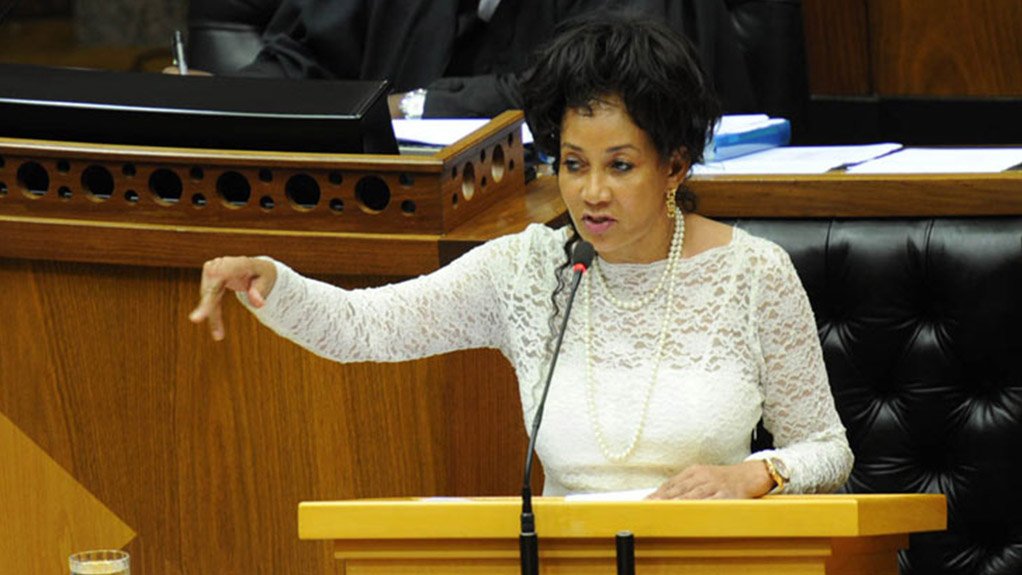/ MEDIA STATEMENT / The content on this page is not written by Polity.org.za, but is supplied by third parties. This content does not constitute news reporting by Polity.org.za.
South Africa should use urbanisation as a tool to push development and combat poverty by providing adequate housing opportunities and ensuring people have access to basic services, says Human Settlements Minister Lindiwe Sisulu.
Minister Sisulu was addressing delegates at the St George’s Hotel in Irene, Tshwane during a seminar organised by the Department of Human Settlements in partnership with the University of South Africa under the theme: How the Human Settlements Sector is responding to the rapid increase of urbanisation in South Africa.
She told delegates at the meeting that was also attended by practitioners in the human settlements sector as well as academics that the country needed proper planning and management of urbanisation and related challenges such as migration of people seeking better opportunities.
“When not properly designed and managed, cities often pay the high price of negative externalities, such as congestion, contamination and wide inequalities often leading to social unrest and instability,” said Minister Sisulu.
Minister Sisulu warned that inability to plan properly would increase poverty in the urban centres and will see “the concomitant informality continue to be a growing challenge to the future sustainability of our human settlements”.
“The real challenges faced by urbanisation, when its positive aspects are recognised, are sustainable in the social, economic and environmental dimensions,” she said. “Sustainable urban planning and development is necessary to eliminate the causes of segregation and exclusion and support the social, spatial and economic transformation of our cities and towns.”
As part of its policies, the Department of Human Settlements places integration and sustainability of residential areas as the core of its projects. This is also reflected in the Department’s Spatial Master Plan with which it seeks to tackle the problem of racially segregated communities created as part of segregation policies under apartheid.
Most of the key projects of the Department such as the N2 Gateway in Western Cape, Cosmo City in Gauteng, Zanemvula in Eastern Cape or Cornubia in Durban are integrated communities. Developments cater for various segments including Breaking New Ground, mortgage or bonds and social housing.
The seminar, amongst others, provided a platform for sharing information between government officials, academics and various practitioners in the human settlements sector seeking solutions to current challenges such as rapid urbanisation and transformation of cities.
Amongst those who made key inputs at the seminar were Statistician General Dr Pali Lehohla who also told delegates how the phenomenon of migration also contributed to the shortage of decent accommodation in the cities prompting the rise in informal settlements.
However, the Statistician General also commended efforts by the Department of Human Settlements to tackle the country’s shortage of housing saying research by Stats-SA has indicated notable improvement from 8-million formal housing in 2002 to 13-million in 2016.
Prominent people who attended the seminar included MECs for Human Settlements Ravi Pillay of KZN and Speedy Mashilo of Mpumalanga, Select Committee Chairperson, Hon Cathy Dlamini and Tshwane MMC Mandla Nkomo.
Issued by the Department of Human Settlements
EMAIL THIS ARTICLE SAVE THIS ARTICLE ARTICLE ENQUIRY
To subscribe email subscriptions@creamermedia.co.za or click here
To advertise email advertising@creamermedia.co.za or click here











